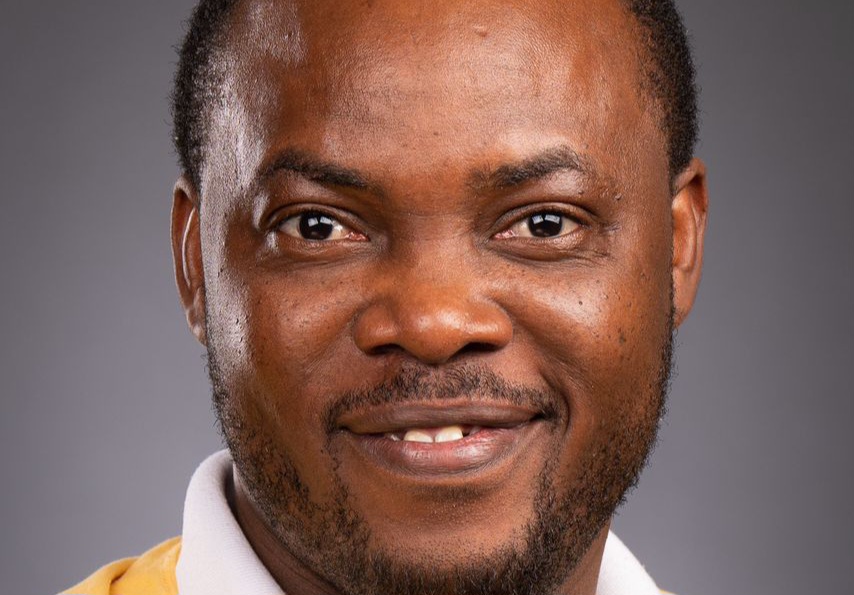 When I sat down with Suleiman Saka, a PhD researcher at the University of Denver, his passion for technology’s role in inclusion was unmistakable. “Technology is supposed to empower everyone,” he said. “But what happens when it leaves an entire group behind?” His research, recently presented at the prestigious CHI Conference on Human Factors in Computing Systems in Germany, tackles this very issue, exposing the accessibility shortcomings of IoT Android Mobile Companion Apps.
When I sat down with Suleiman Saka, a PhD researcher at the University of Denver, his passion for technology’s role in inclusion was unmistakable. “Technology is supposed to empower everyone,” he said. “But what happens when it leaves an entire group behind?” His research, recently presented at the prestigious CHI Conference on Human Factors in Computing Systems in Germany, tackles this very issue, exposing the accessibility shortcomings of IoT Android Mobile Companion Apps.
Saka’s study analyzed 248 IoT companion apps, revealing troubling statistics—95% lacked proper touch target sizes, making them difficult for individuals with motor impairments to use, and 87% had missing descriptive labels, rendering them inaccessible to visually impaired users. “These aren’t just numbers,” he explained. “They represent real people struggling with technology that was meant to make life easier.”
With 26% of American adults living with a disability, according to the CDC, the importance of accessibility in IoT cannot be overstated. “Imagine depending on a smart home device to turn on your lights or control your security system, but being unable to navigate the app,” Saka pointed out. “That’s the reality for many users.” His research highlights not just the technical failings but the human cost of inaccessible design.
His solution? Mandatory accessibility testing. Saka advocates for developers to integrate automated accessibility tools, follow Web Content Accessibility Guidelines (WCAG), and involve people with disabilities in testing. “Accessibility isn’t a feature—it’s a necessity,” he emphasized. He believes that for IoT technology to truly serve everyone, companies must take proactive steps to ensure that their applications are built with all users in mind. “We need to think beyond compliance and towards innovation in accessibility,” he said, emphasizing that these tools can enhance usability for all, not just those with disabilities.
Saka’s journey into this research stems from a distinguished academic and professional career. A Research and Teaching Assistant at the University of Denver, he has built expertise in IoT security, privacy, and human-computer interaction. Before his PhD, he earned a Distinction in MSc Computer Network Security from the University of Greenwich, United Kingdom and worked in network security and IT engineering. He has also been recognized with prestigious awards, including the National Information Technology Development Fund (NITDEF) Postgraduate Scholarship Award and the Shell University Merit Scholarship Award, reflecting his contributions to advancing technology and security research.
As for what’s next, Saka and his team plan to expand their study to iOS apps and conduct real-world user testing. “We’re not just identifying problems—we’re working on solutions,” he said. He envisions a future where accessibility is a fundamental design principle, not an afterthought. His work serves as a wake-up call for developers, policymakers, and tech companies to recognize their responsibility in building inclusive technology for all.
With his research gaining international recognition, Saka is not just shaping the future of IoT accessibility—he is redefining it. As the world moves deeper into an IoT-driven era, his work stands as a powerful testament to the role of accessibility in technological advancement. “If we can make technology better for some,” he reflected, “we make it better for everyone.”






